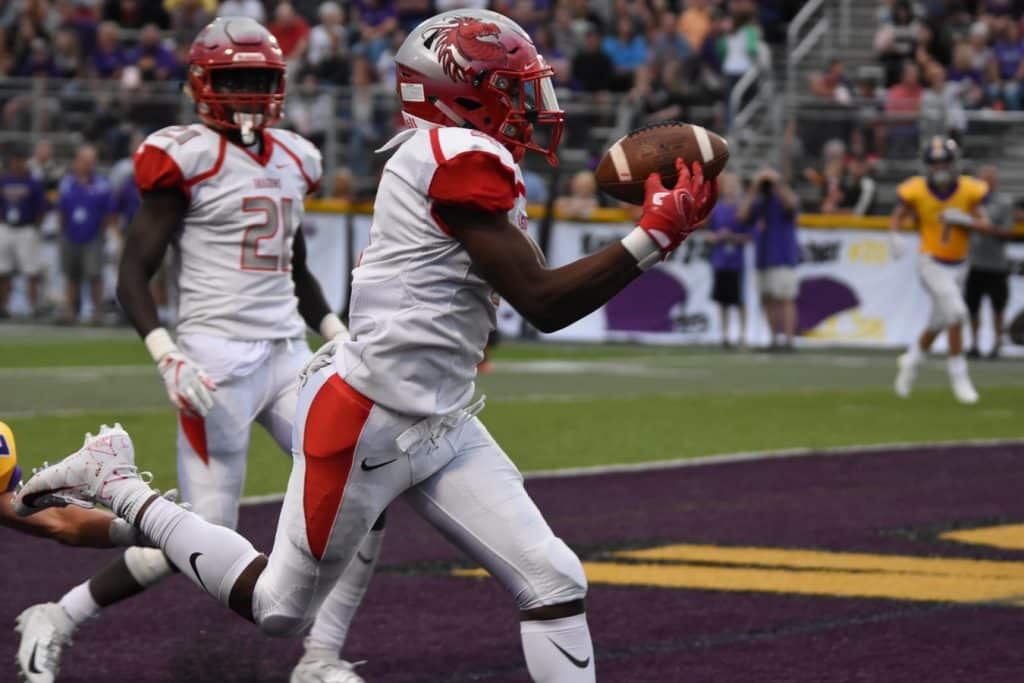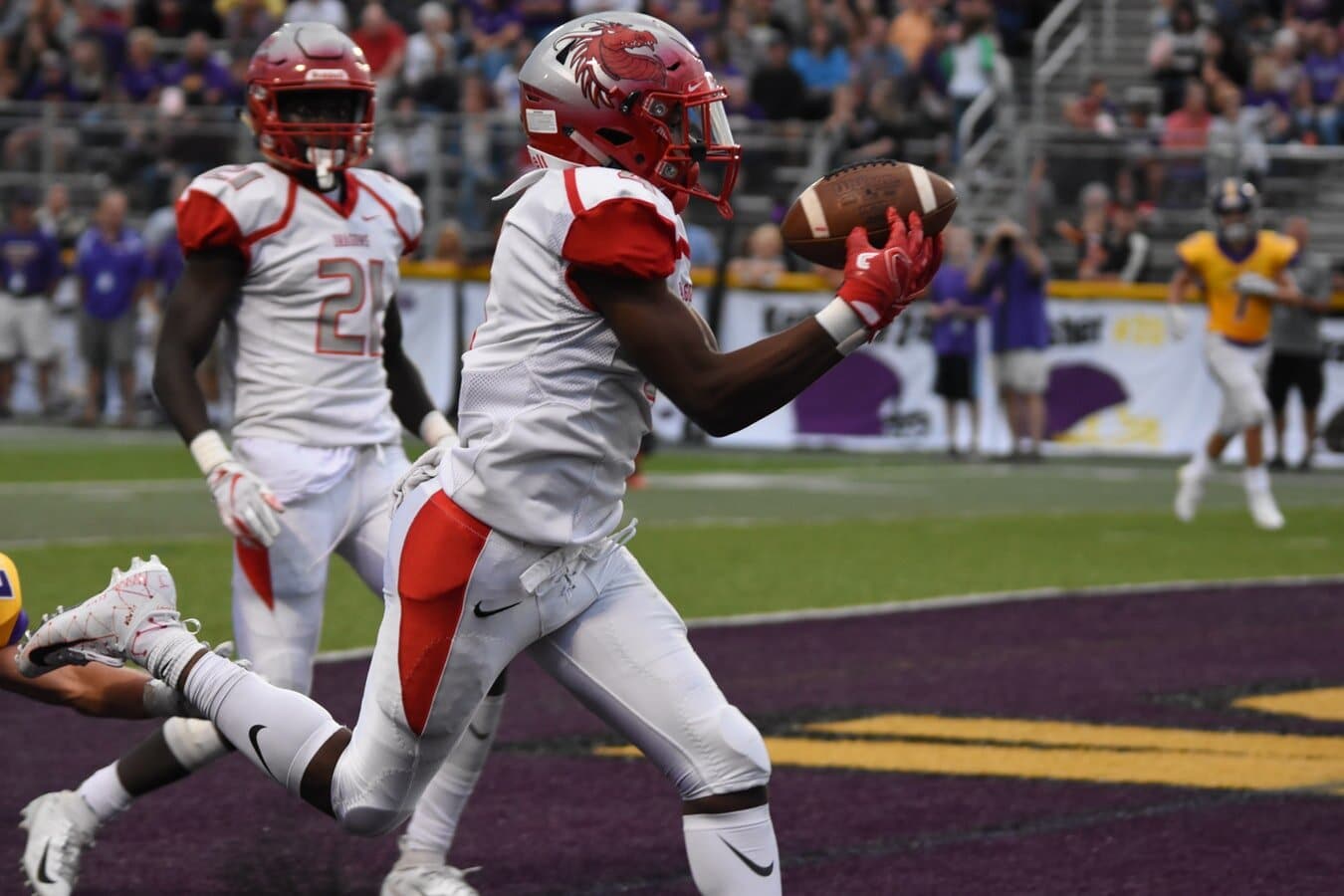
NCAA to allow players to be able to cash in on their names
Timothy Holcombe, Staff Writer
The NCAA recently passed a new rule that will allow collegiate athletes to be able to benefit from their likeness and be compensated for their popularity. The rule will not officially go into effect until 2021, but this is a highly regarded topic as many people are saying it is about time the NCAA caught up with the twenty-first century.
On the other hand, many are saying that this is a bad decision by the NCAA because it will take out what many love about college athletics.
This is a great chance to look at this from both sides of the equation and allow the facts to make the cases.
For the people who are in support of this latest ruling, the point is made that it seems unfair to tell players that they must be able to live off of what the university they are attending is providing, which is around the range of $30,000-$50,000. The NCAA and each educational institution produces billions of dollars off these athletes every year, and paying the tuition of these players is, as many would argue, like throwing pennies on the ground. Chase Young, standout player from Ohio State University, is currently facing a four-game suspension for allegedly taking a loan from a family friend (which has since been repaid) to fly his girlfriend to the Rose Bowl. This is a hot-button issue, and is causing many to believe the NCAA is acting out of line.
Now from the standpoint of the argument against the NCAA ruling, people on this side of the spectrum argue that college football may become a pay for play and become more business-like, losing focus on maintaining the institutional status and become similar to the NFL. The possibility that this happens is very realistic because in all respect, it is not known what is going to happen. How will this affect the smaller schools? How will it affect those schools who do not make a lot of money off their athletic programs? There is a great concern that this may change the collegiate athletic ranks forever.
In conclusion, this new rule change will not take affect until 2021 because the NCAA has given each conference time to draft their own rules when it comes to making a profit off their name and likeness and must present it to the NCAA by 2021. This, in all due respect to the NCAA, is nothing more than a ruse and a stall tactic to distract people in hopes will lack the care in two years. This issue is not going anywhere and will be a hot topic of discussion in just over a year from now.

